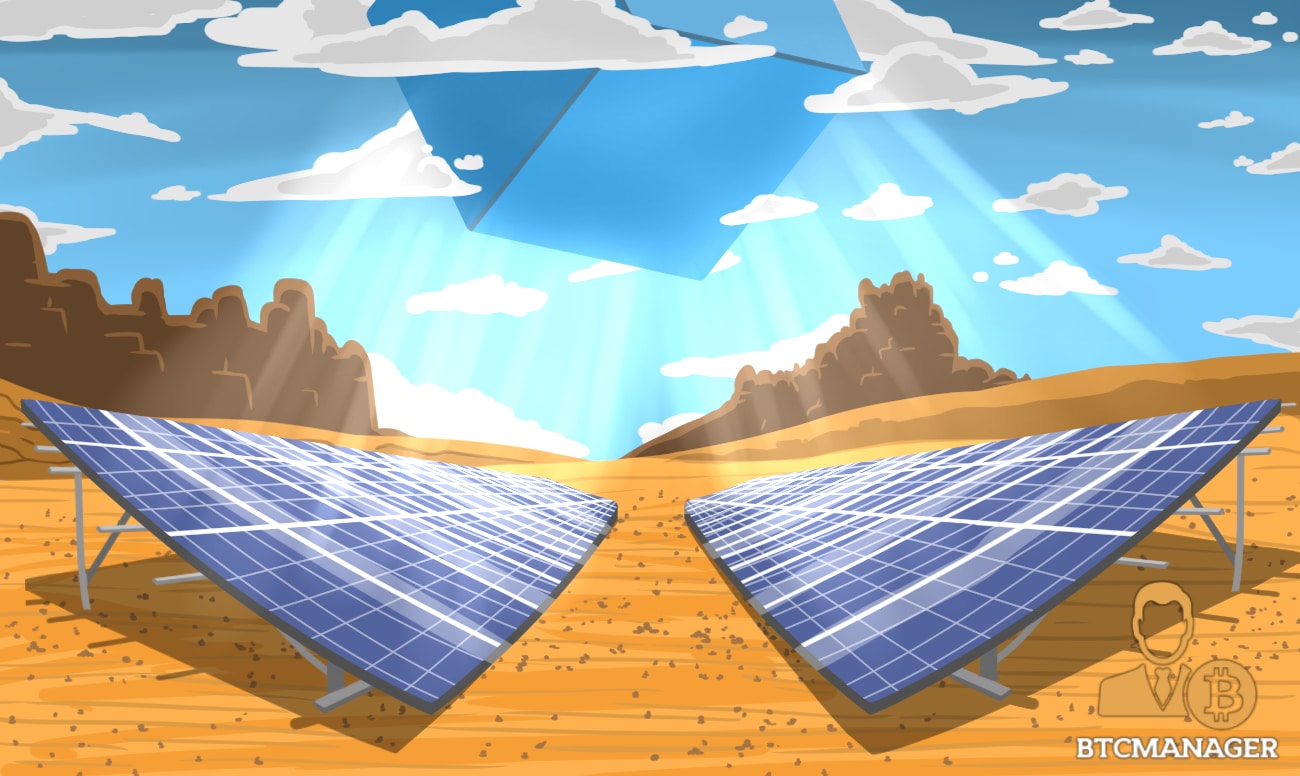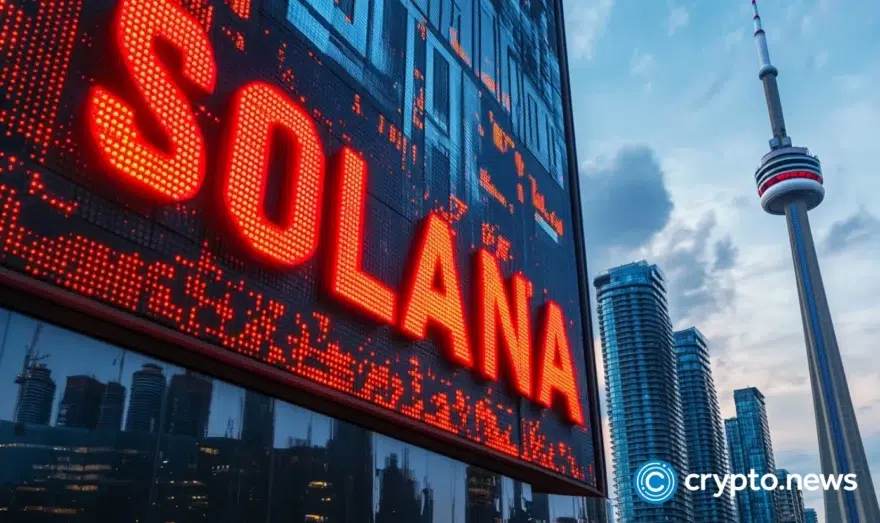Blockchain Technology Can Solve Africa’s Energy Problems

Despite the abundance of many forms of natural energy in Africa, including solar, wind and hydro, several parts of the vast continent still have no access to 24/7 interrupted electricity. According to a World Economic Forum report on November 29, 2018, blockchain technology can fix the energy issues of Africa if well utilized.
Africa’s Epileptic Power Supply
While most nations in the western world have developed their energy systems to the extent that they can go for several months and even years without experiencing power failure even for a second, only a few nations in Africa can boast of 12 hours uninterrupted electricity up to now.
For instance, Nigeria, the so-called giant of Africa which has a population of nearly 200 million people, has an electricity shortage of 173,000MW, whereas the entire nation needs at least 180,000MW.
The power shortage in Nigeria has made the nation a dumping ground for noisy, air-polluting power generating sets of all types.
Per the WEF, Nigeria is not alone in this “darkness,” as most sub-Saharan African countries experience even more severe electricity shortages.
Sadly, only 18 percent of the rural Rwandan population, which is where more than 70 percent of the country’s citizens live, have access to electricity.
A significant number of households and buildings in the rural areas of Rwanda are not connected to the state-owned power grid, and even the urban dwellers connected to the grid are not promised 24/7 electricity supply. However, the government of Rwanda says its planning to achieve complete electrification by 2024.
Blockchain Technology Lighting Up Africa
It’s no news that blockchain technology, the building blocks of bitcoin and other digital assets have excellent use cases in the financial sector thanks to its immutability property.
Now, forward-thinking startups have started creating blockchain and green-energy based electricity solutions that can light up households across Africa.
Earlier in October 2018, BTCManager informed that WALA, a South African fintech firm had partnered with the government of Uganda to develop a blockchain-based gigawatt-scale clean energy economy to improve the power supply of the country significantly.
It’s worth noting that while Nigeria has all it takes to solve its power shortage issues effectively, the corrupt politicians who import power generating sets, as well as those thieves who siphon the monies meant for power projects, have made it impossible.
Therefore, even with blockchain technology, Nigeria’s epileptic power supply may not be cured anytime soon.
















